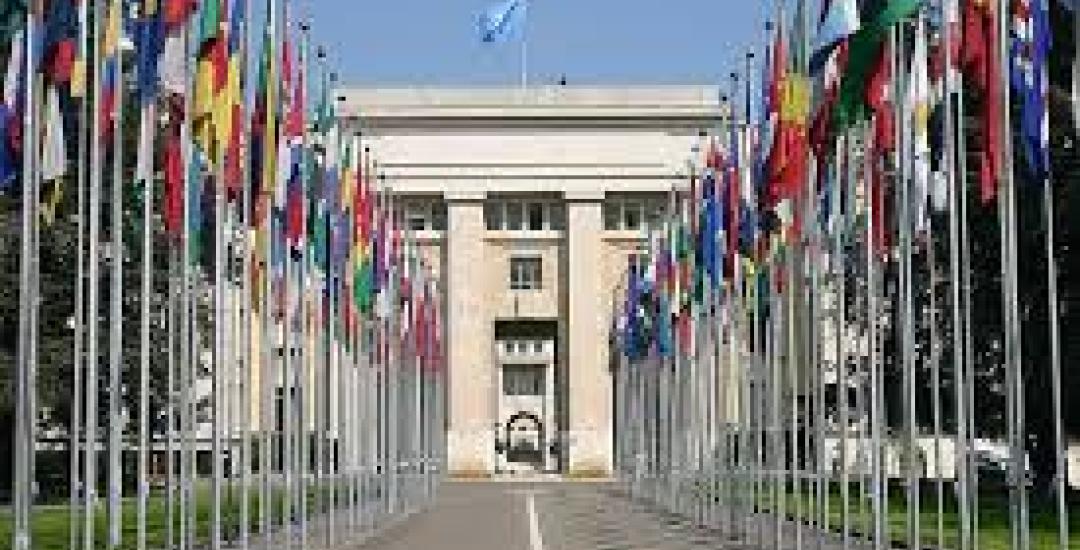
The list of cases to be handled by the court of Tizi Ouzou during the upcoming proceedings has been posted. Mr Medjnoun’s case is still not scheduled, despite the promises of the Algerian delegation present during the periodic report by the Human Rights Committee in October 2007.
Alkarama will petition the Human Rights Committee, which is currently following up the recommendations that Algeria should have taken into account within a year. To this end, Alkarama presented a report to the Committee to show that the Algerian authorities had not followed its recommendations.
We recall that in August 2006, the Committee had considered the case of Malik Medjnoun and condemned the Algerian State for its violation of the International Covenant on Civil and Political Rights. It then recommended "that Medjnoun Malik be brought immediately before a judge to answer charges or be released, and that a thorough and diligent investigation be conducted into his detention and treatment since his abduction on September 28, 1999."
During the periodic reporting concerning Algeria by the Human Rights Committee in October 2007, experts asked the Algerian delegation about the steps taken by the Government to carry out the Committee’s decisions, including those concerning Malik Medjnoun.
In protest against the manifest refusal of the Algerian authorities to bring him before a court, Malik Medjnoun had already staged a hunger strike beginning 25 February 2008.
On 26 February 2008, the Attorney General of the Court of Tizi-Ouzou Lazizi, Mr. Tayeb, went to the prison, accompanied by the Chief Justice (who is also chairman of the criminal court) to ask him to stop the strike.
The magistrate sought to convince Malik Medjnoun that considering the “sensitivity” of the issue, neither he nor the President of the Court had the authority to fix a date for a hearing before the criminal court – but that he would attempt to intervene with the "relevant authorities".
The reluctance of Algeria to carry out the Committee’s decisions is therefore clear. But there is also a serious interference with the functions of the judiciary, giving it unlawful instructions which would seriously violate the fundamental rights of the citizen by refusing to bring him before a court for trial.
